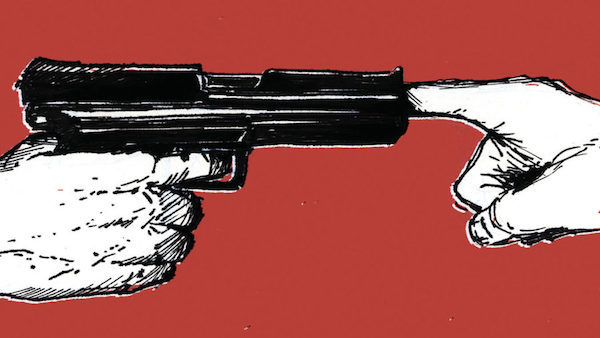Many of my Louisiana conservative friends are less than happy with me today, after my column advocating greater tax equity, meaning less regressivity, in state and local taxes.
Granted, federal taxes remain rather sharply progressive, so the rich in Louisiana are hardly making out like bandits even with some state and local advantages. But that’s for the feds to fix; Louisiana should ensure that its own system doesn’t unfairly burden the poor.
Read all about it here, please. It’s important, if we are to be a humane society.
Also, there’s an important caveat, in parenthesis, in my column. The entire column is based on the assumption that the Louisiana Budget Project (LPB), a liberal group, and its allies, did not fudge the numbers. If the numbers are inaccurate, the whole basis of my column goes away — and I will be glad of it.
My friend Woody Jenkins, longtime state legislator, says the numbers must be inaccurate. He notes that in Louisiana, sales taxes are not imposed on most necessities — food, housing, energy — and that therefore it is almost impossible for the poor to be paying such a high proportion of their total income in state and local taxes as the LPB claims. I do intend to follow up, to see if there is a way to ascertain whether the LPB’s numbers bear scrutiny.
A group like that cannot long survive if its basic numbers are wrong. Whatever its ideological conclusions from those numbers, as a research-based group it must be able to stand by its research. Until shown otherwise, I trust LPB’s research even if its ideology is different than mine, and if it concludes different lessons from its research than I do. But Woody’s right: The numbers merit further questions.
Meanwhile, to repeat the central thesis: if Louisiana indeed puts a larger burden of taxes (as a percentage of income) on the poor than on the rich, then that’s immoral, and it should be fixed.






